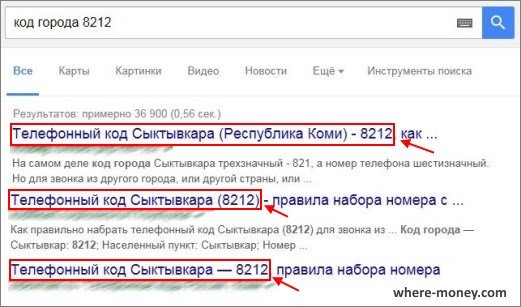Roum Ru Najti Cheloveka Po Nomeru Telefona

By Emily Callaghan It is no secret that the global food system is facing many crises. Over 30 percent of food is wasted, yet millions of people remain food insecure and malnourished. The number of small and substance farmers is greatly diminishing due to a loss in economic opportunities. The food system displays many social injustices throughout the developing world, such as a divide in equal access to healthy food or remedies necessary for a healthy diet. In addition, a global food system has negative effects on the environment and depletes international resources. Food waste is one aspect that contributes to these negative effects.
Post-harvest loss is a huge issue for farmers all over the globe. It puts them at risk of losing monetary value and losing access to healthy food. Considering these issues, how can we recuperate the global food system? Advanced technology as a solution to global food injustices does not resonate with most people. The two fields have been progressing separately at entirely different paces for a long time. However, these fields also have the potential to complement one another and advance simultaneously if utilized correctly.
In fact, post-harvest technology has the capability of limiting food waste and has been labeled as one of the biggest startup opportunities in AgTech. Three ambitious college graduates from Iowa State University are capitalizing on this ideology by utilizing agriculture technology to improve the food system in developing countries. This group of millennials are the co-founders of, a start-up specific benefit corporation with the mission of eliminating food waste. Specific benefit corporations are fully responsible for fulfilling their social mission to truly keep the focus on people over profits.
The KinoSol team, which consists of Mikayla, Clayton and Rebecca, created a solar-powered food dehydrator called the KinoSol Orenda. By dehydrating food, sustenance and small-scale farmers in rural areas are able to minimize the amount of food wasted in a sustainable way to reap maximum benefits of growing their own food. The team works closely with outside organizations to fund the creation and implementation of these machines. Here’s how their funding works: NGOs, churches, and various food aid organizations purchase the unit and through micro-credit loan programs farmers in developing countries are able to access to the technology. Within one year, farmers are able to pay back these loans. Eliminating the Risk Developing countries have already been dehydrating food as a preservation method but have experienced minimal success.
Most farmers simply lay out produce in the sun for several days, which risks foodborne illness from pests and outside elements. In addition, if it were to rain the entire process would be ruined and the produce would have been wasted.
Secure File Transfer. Client Portfolio Login. View your investment accounts for simple financial tracking and securely share e-documents. 可能感兴趣: najti polzovatelya nomeru telefona AM20G9 otslezhivanie_kitajskih_posylok_dzhum_v_rossii_po_ nomeru _K425GU.exe [磁力链接] 软件 创建时间: 2018-07-03 文件大小: 1.21 MB 文件数量: 1 下载热度: 2 最近下载: 7个月前.
The KinoSol eliminates the risk of losing produce in an attempt to dehydrate foods. The unit is made of heat-resistant plastic and PVC pipes and is assembled entirely by hand and runs without any electrical inputs.
The dehydrated produce can last up to six months post-harvest, which allows farmers to remain resistant against any potential negative elements of a growing season. Farmers at a small scale are at a greater risk of financial and nutritional harm when produce is lost. This technology greatly decreases food lost for small farmers to improve their livelihoods and agricultural success. This technology also has the potential to eradicate food insecurity in developing countries by naturally preserving food to increase the shelf life of fresh produce. The social mission of decreasing food waste goes hand-in-hand with improving the nutritional quality across developing countries. The unit is able to dehydrate fruits, vegetables, grain and insects, and the team is currently working on a model that can safely dehydrate other types of meat.
Schaum outline of programming with fortran 77 pdf. This book is intended for first-or second-year college courses in FORTRAN, usually exclusively for engineering or science students, many of whom have had previous computer experience in high school.
This will allow for further stability of healthy foods year round. The KinoSol Orenda is adaptable to any environment, which allows countries to meet their specific food needs and continue to have access to culturally appropriate foods which will allow them to fully utilize the produce. The unit contains a storage component and comes equip with Mylar bags to prevent light, oxygen and moisture from contaminating the food. In addition to reducing food waste and food insecurity, the Orenda has the capability to give substance and family farmers an opportunity for economic growth. Farmers are able to sell a value-added product, dehydrated food for the entirety of the year to generate income. It is incredibly economically sustainable and not to mention, energy efficient.